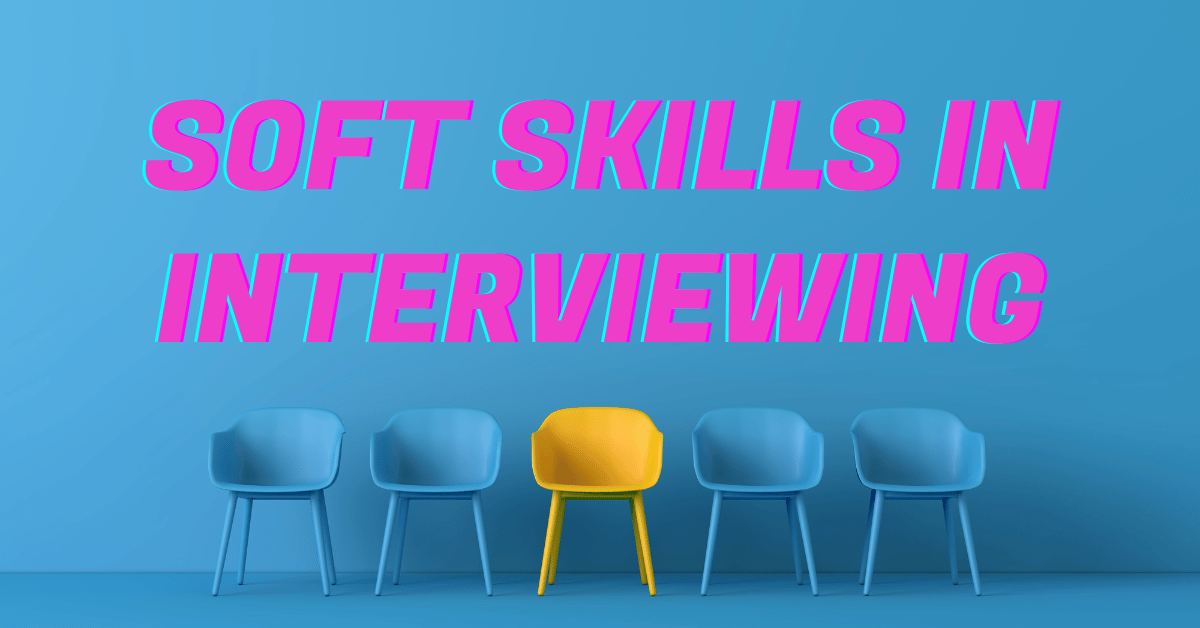In the fast-moving world of tech and engineering, technical know-how may get your foot in the door—but soft skills are what seal the deal. Employers aren’t just looking for top coders or system architects anymore. They want professionals who can communicate clearly, collaborate seamlessly, and adapt in real time.
Whether you’re a recent grad or a seasoned developer, honing your soft skills and interview confidence can dramatically boost your chances of landing that dream role. Here’s how to stand out beyond your resume.
Why Soft Skills Matter in Tech & Engineering Hiring
The stereotype of the solo coder is long gone. Today’s tech professionals work across teams, lead projects, and often interact directly with clients or stakeholders. That’s where soft skills come in.

Here are the top soft skills tech hiring managers are prioritizing in 2025:
✅ Communication – Can you explain complex concepts clearly to both technical and non-technical teams?
✅ Adaptability – Are you comfortable learning new technologies or pivoting during a project?
✅ Collaboration – Can you work well in cross-functional teams, remotely or in person?
✅ Problem-Solving – Beyond technical challenges, can you navigate ambiguity and offer thoughtful solutions?
✅ Time Management – Can you prioritize effectively when juggling multiple deadlines?
In a tight hiring market, these skills often differentiate great candidates from good ones.
Tips to Improve Interview Confidence & Showcase Soft Skills
Even the most qualified candidates can fall short in interviews if they can’t confidently communicate their value.

Here’s how to hone both your soft skills and your presence in the room (or on screen):
1. Practice Storytelling
Hiring managers remember stories more than stats. Prepare a few STAR (Situation, Task, Action, Result) examples that highlight how you navigated challenges, led projects, or worked through team conflicts.
2. Do a Mock Interview
Practicing out loud makes a huge difference. Partner with a friend, mentor, or recruiter. Focus on clarity, tone, and body language—even over video.
3. Research the Company Culture
Soft skills often show up in cultural fit. Does the company emphasize collaboration? Agility? Empathy? Tailor your responses to reflect the values they care about.
4. Ask Thoughtful Questions
Questions like, “What qualities make someone successful on this team?” not only show curiosity—they also give you an opening to talk about your own strengths.
5. Get Comfortable with Pauses
Confidence isn’t rushing your answers. Take a beat to think before you speak—it shows you’re thoughtful and intentional.
Advice for Tech & Engineering Professionals Looking For A New Job
While your resume might be loaded with certifications, GitHub links, or project portfolios, soft skills are often the tie-breaker when it comes to landing the offer.

Here’s how to blend both sides:
🔹 During interviews, explain how you approached a technical problem—not just what you did.
🔹 Highlight mentorship, team contributions, or collaboration in Agile environments.
🔹 Emphasize flexibility—tech is always changing, and your ability to learn quickly is a major asset.
By pairing strong technical expertise with clear communication and adaptability, you show employers that you’re not just a great engineer—you’re a valuable team member. In a competitive market, that combination is what turns interviews into offers.
Conclusion
In today’s tech and engineering job market, your ability to code, design, or build systems is just one part of the equation. Strong communication, adaptability, and confidence in interviews are just as important as technical skills.
At BlueWave, we help candidates refine these skills so they can shine in every step of the hiring process. Whether you’re prepping for your first developer role or aiming for a senior engineering position, remember:
Tech skills might get you noticed, but soft skills get you hired.
💡 Looking to grow your career in tech or engineering? Let BlueWave help you make your next move with confidence.



